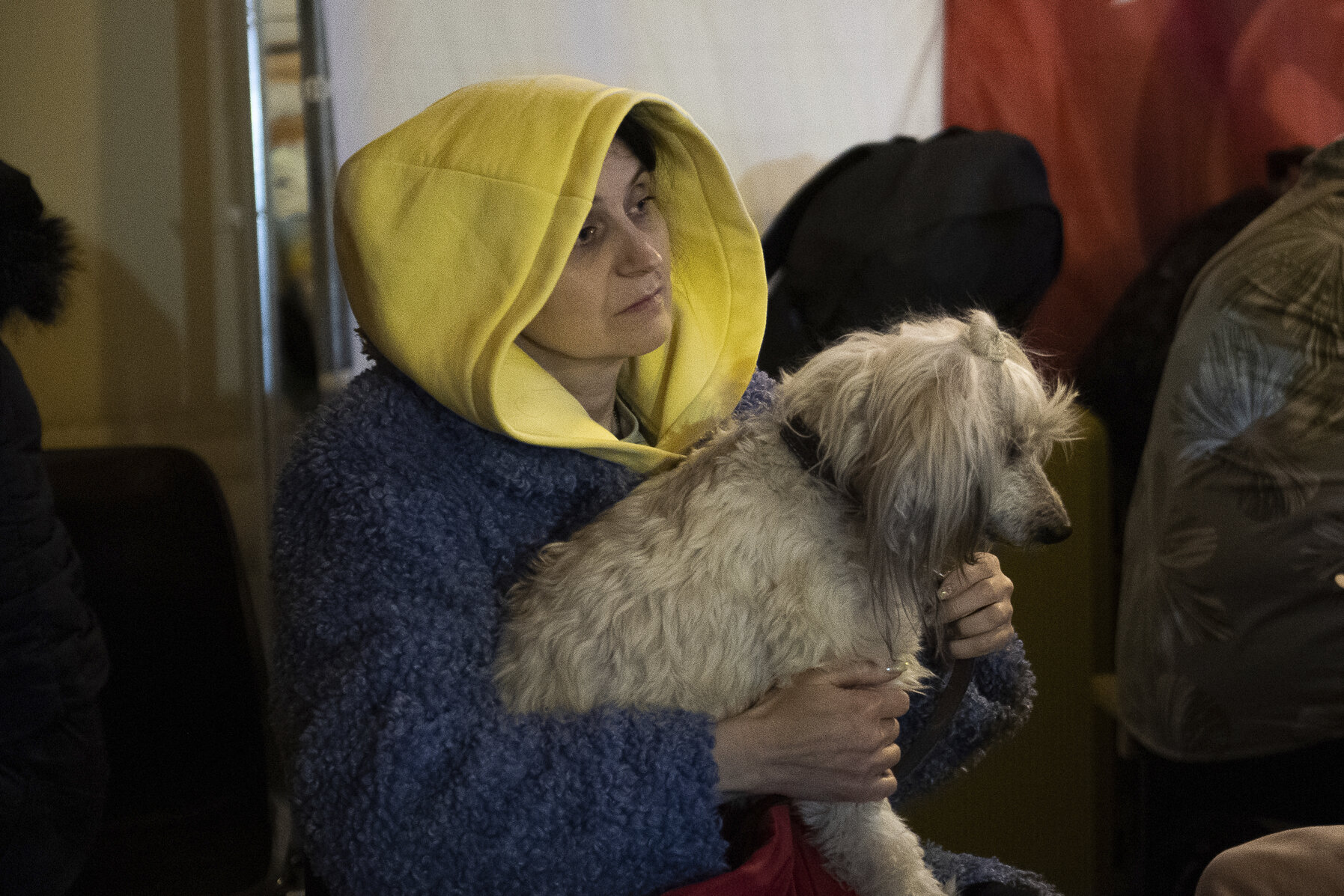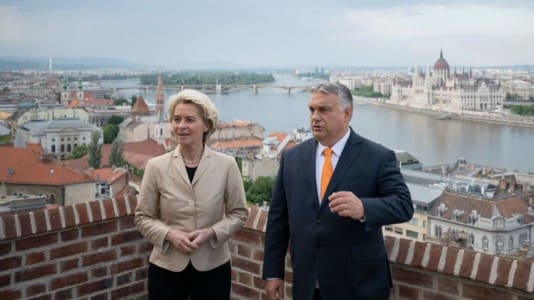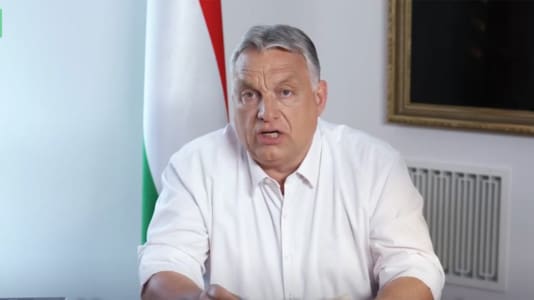Half as many Roma people are flowing into the Czech Republic from Ukraine than a few weeks ago, and according to Mladá fronta DNES daily, the reason is that the Roma are being convinced not to enter the country.
Ukrainian customs officers have begun to advise the Roma population that if they expect a generous social system to take care of them in Czechia, they will be disappointed, with the officials reportedly telling them they will sleep at train stations or in refugee towns.
In addition, customs officers began to demand one more identity document besides their passports from people crossing the border. The measures at the border came after Ukrainian politicians there began to admit for the first time that Roma were flowing into Czechia because of social benefits.
On Monday, Interior Minister Vít Rakušan declared that customs officers generally inform all refugees that the Czech Republic’s capacity is at its limits.
“It simply does not apply to a specific group of refugees. I have repeatedly informed the Ukrainian ambassador and the interior minister that Prague, for example, is beyond capacity. But the Ukrainian side does not consult with us about its specific measures,” said Rakušan.
A week ago, the chairman of the Transcarpathian regional council, Volodymyr Chubirko, got in touch with several Czech politicians. After this meeting, Chubirko began to admit that the Roma were leaving Ukraine to receive social benefits, and then they were returning. He described that most of them were from poor ghettos around Uzhhorod or Mukachevo near the Hungarian border.
“Czechia pushes for integration of people forced to flee their homes due to the war. We must say that no situation in the Transcarpathian region would force the Roma to go abroad en masse. Nevertheless, they are going there,” Chubirko said, promising that Ukraine would resolve the situation immediately.
“Our customs officers have stopped letting them go unless they are from the war zone and explaining that Czechia will not accept them. The officers warn them that they will sleep at railway stations or in refugee camps. Some will be discouraged,” explains the influential Ukrainian businessman Juraj Nastich, who acts as a liaison at the Ukrainian-Slovak border.
“Romanies mostly use the social system. It is necessary to realize what the 5,000 korunas (€203) that the Czech Republic provided to the newcomers meant to them. They have social benefits of €20 per child per month, so seeing €200 in Czechia is plenty for them,” describes Nastich.
The practice at the crossing in Vyšné Nemecké, where most Ukrainians flow to Slovakia and further to the Czech Republic, was confirmed by other sources.
“The poorest Roma are coming from the settlements. It is no longer the first wave people have fled before the war. Now, they are doing it to ensure a better way of life, but people of different origin also do it,” describes Marek Gombár, pastor of the apostolic church who helps at the border. “It is true that, for example, the Roma left and returned from Prague in two days,” he adds.
According to Gombár, the Roma often have old passports that lack photographs. Customs officers are now sending them back to obtain another certificate from the Ukrainian authorities, which includes international data, he claims.
“It simply came to our notice then. So far, we have sent Roma to these passports who have crossed the border, for example, to Norway or Ireland, and everything was without problems. It is evident that they now want to get rid of the trouble in this way,” adds Gombár.
“Many Roma have succumbed to the information spreading among them on the social network Telegram, how to go to Europe for a better life. When they hear that they will wait a long time for help and may not even get it, they change their minds and stay in Ukraine. We just started to tell them that they could end up on the street,” he confirms.
The new practice manifested itself at Prague’s railway station, where Ukrainian Roma stayed for several weeks. Volunteers who help them reported that the number of migrants had decreased. Nikola Taragoš, director of the Roma association Romodrom, said that the number of Roma at the station had halved. At first, he did not know the cause, but then he learned about the practice of Ukrainian customs officers, which he immediately criticized.
“It is unbelievable to prevent them from leaving Ukraine. These people come from the war zone. We can’t select them according to where they live. The whole of Ukraine is a war zone,” Taragosh said.






